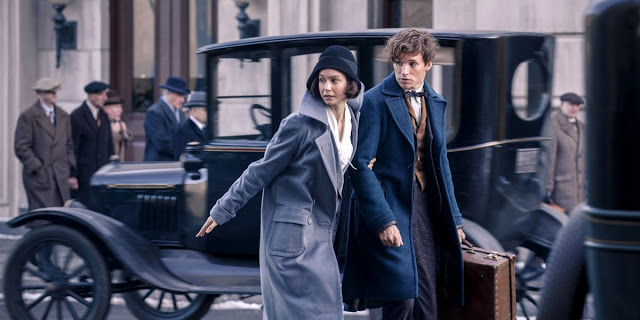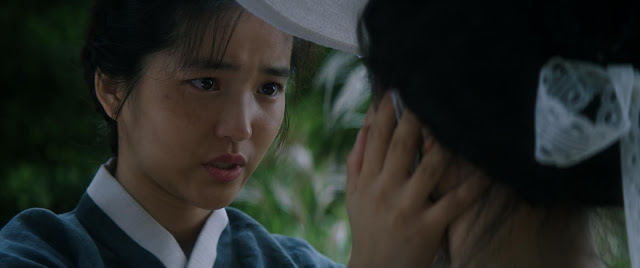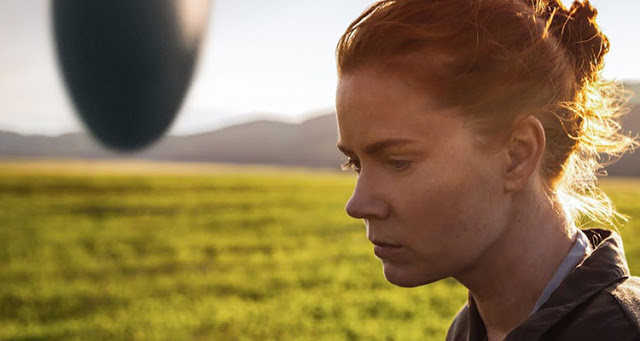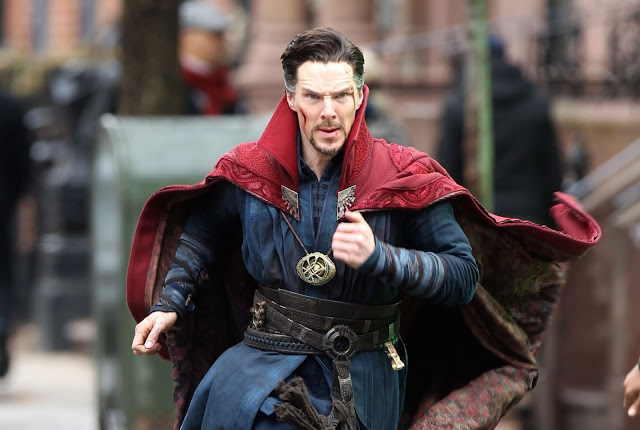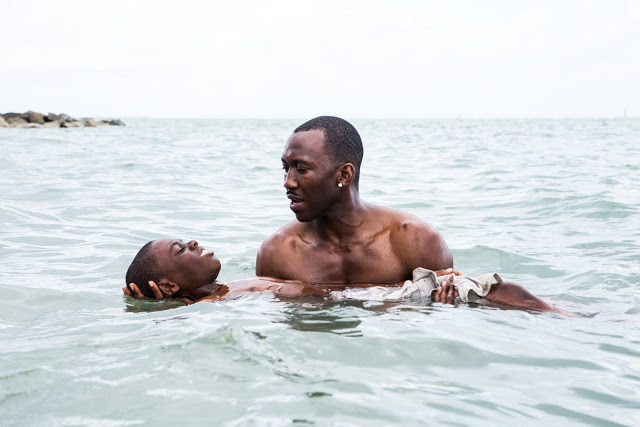Fantastic Beasts and Where to Find Them: The Magic Takes Manhattan, But Does It Still Spark?
Standing in the middle of a verdant forest where his bedroom used to be, gawking upward at a supple thunderbird the size of a small whale, Jacob Kowalski confirms that he is not in fact dreaming. “I don’t have the brains to make this up,” he admits. But J.K. Rowling does. The Harry Potter author has a limitless imagination, and the mega success of her seven novels (and eight corresponding movies) derived from her peerless ability to fuse her gift for make-believe with traditional, stalwart stories about bravery, sacrifice, and the coming of age. Among the innumerable virtues of her opus was its deceptive discipline; though the books grew progressively longer, they never felt unwieldy, and Rowling stuck to her promise of concluding Harry’s tale with the seventh volume. (Contrast this with George R.R. Martin’s Game of Thrones series, where the writer once wrote a book so long that he had to cleave it in two, and where disgruntled readers—not that I have anyone in mind—are currently gnashing their teeth awaiting the sixth installment.)
Yet while the 2007 release of The Deathly Hallows may have marked the end of Harry’s personal saga—a journey that remains inviolate, untarnished by special editions or alternate versions—his creator has started to gently expand the world he occupies. This began this past summer, when the London stage debuted Harry Potter and the Cursed Child, a play based on a story that Rowling co-wrote and that centers on Albus, Harry’s troubled teenage son. And it continues now with Fantastic Beasts and Where to Find Them, Rowling’s first foray into screenwriting. You might consider the very existence of this movie (and the four that are rumored to follow) to be a vulgar cash-grab, a mercenary move from a selfish artist intent on squeezing every possible penny from her adoring fan base. I prefer to view it as a fascinating opportunity. Because Fantastic Beasts takes place in the land of Potter but is not based in any substantive way on her prior work (technically, the title stems from one of Harry’s school textbooks), Rowling has given herself the chance to conceive something both comfortingly familiar and wholly original. She can return to her beloved magical universe and, at the same time, start from scratch. Read More

